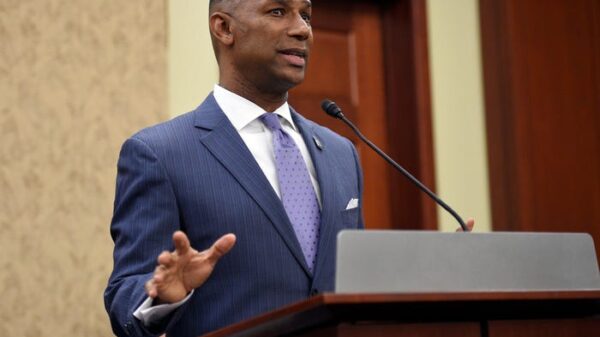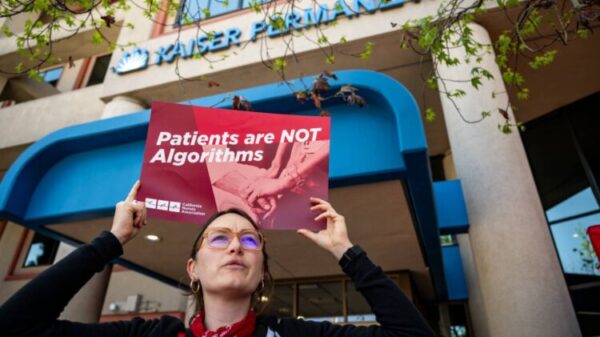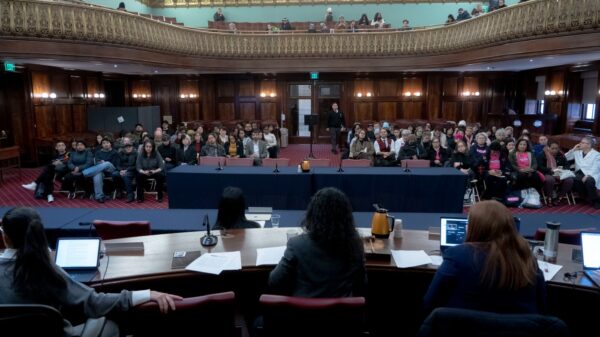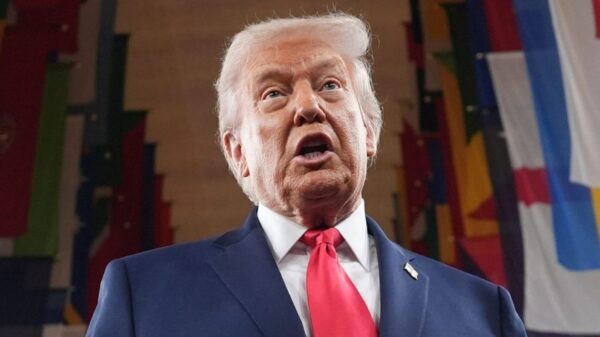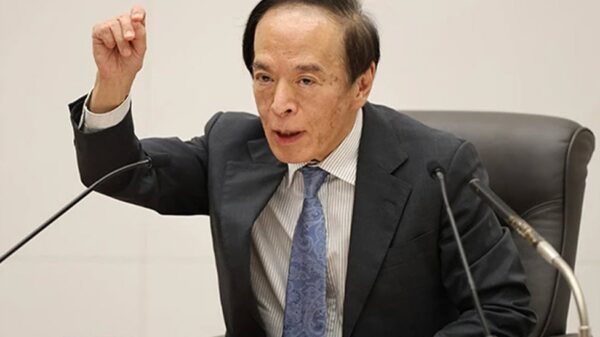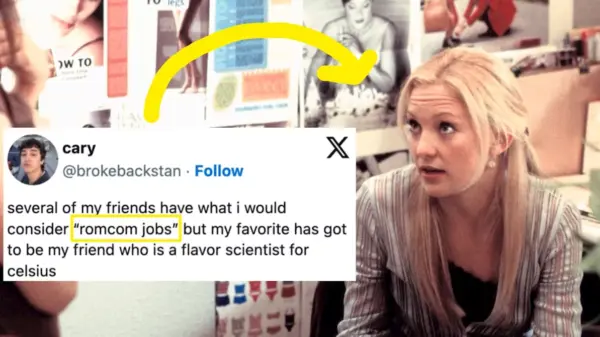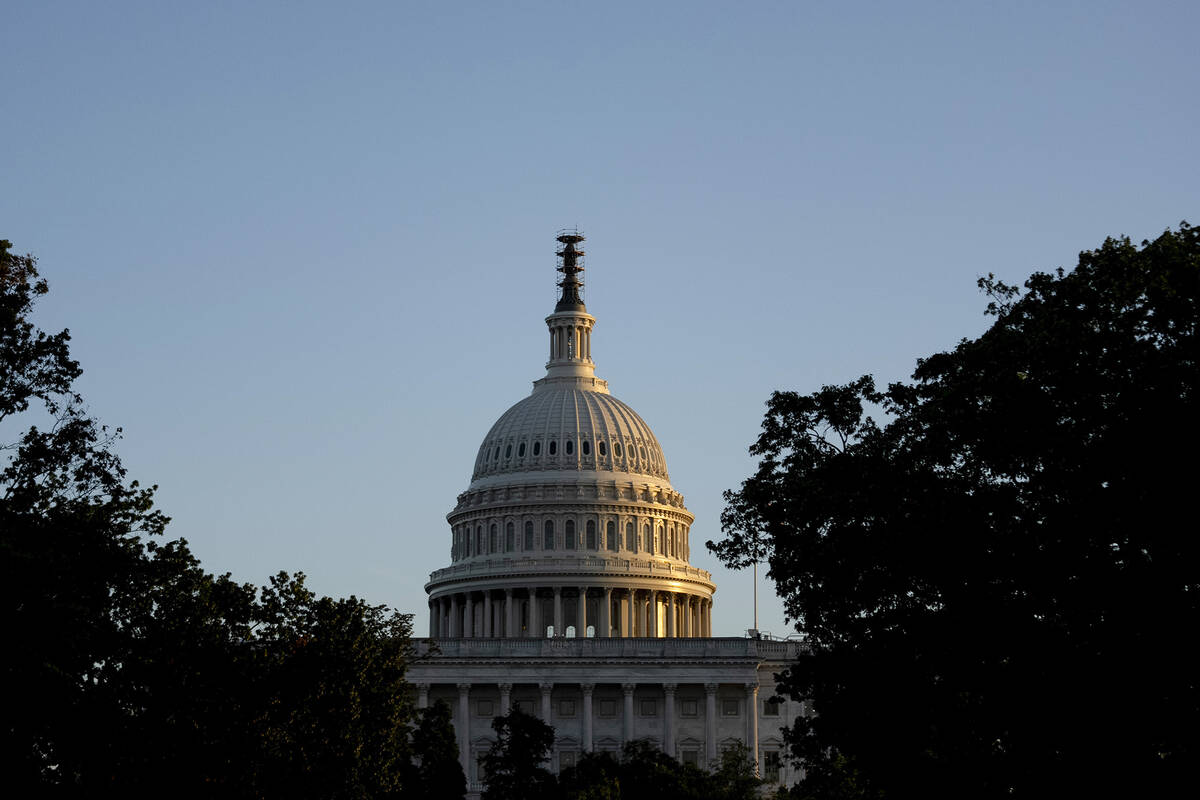A potential government shutdown looms over Washington, D.C., as Congressional leaders from both parties failed to reach an agreement on funding. On Wednesday, blame quickly shifted between Congressional Democrats and Republicans as negotiations stalled. This impasse highlights the ongoing dysfunction within American political institutions, where compromises have become increasingly rare amid hyper-partisanship.
The last significant shutdown occurred in December 2018, extending into early 2019 when then-President Donald Trump demanded funding for a wall along the Mexican border. At that time, Democrats insisted that discussions regarding the wall only take place after agreeing on government funding. Voter sentiment skewed towards blaming the Republican party and the White House for the stalemate. Eventually, the shutdown ended in January 2019 after Democrats regained control of the House of Representatives.
Currently, the roles have shifted. Democrats are now pressing for concessions related to Obamacare subsidies, while Republicans contend that health care discussions should follow the passage of a stopgap budget measure. Recent polling data from a New York Times/Sienna poll indicates that nearly two-thirds of respondents do not support a government shutdown even if Democratic demands are unmet.
Senate Minority Leader Chuck Schumer has learned from previous negotiations. Earlier this year, he collaborated with Republicans to keep the government operational, facing backlash from progressive factions within his party who called for his replacement. As tensions rise again, Democrats are confronted with the reality of their position as the party in power. How long can they sustain this standoff without repercussions?
The basis of the Democratic demands raises questions. During the pandemic, Congress expanded financial assistance for Americans who acquire health coverage through the Obamacare exchanges. As the pandemic recedes and the national debt surpasses $37 trillion, the justification for making these subsidies permanent is increasingly challenged. Citing a report from The Wall Street Journal, many recipients of Obamacare subsidies have access to employer-sponsored insurance, suggesting that the need for ongoing support may not be as pressing as previously thought.
As negotiations continue, the political theater surrounding potential government shutdowns reveals deep divisions within Congress. The outcome will not only affect political careers but also the millions of Americans who depend on government services. The urgency of reaching a consensus has never been more critical as both parties navigate this complex terrain.


